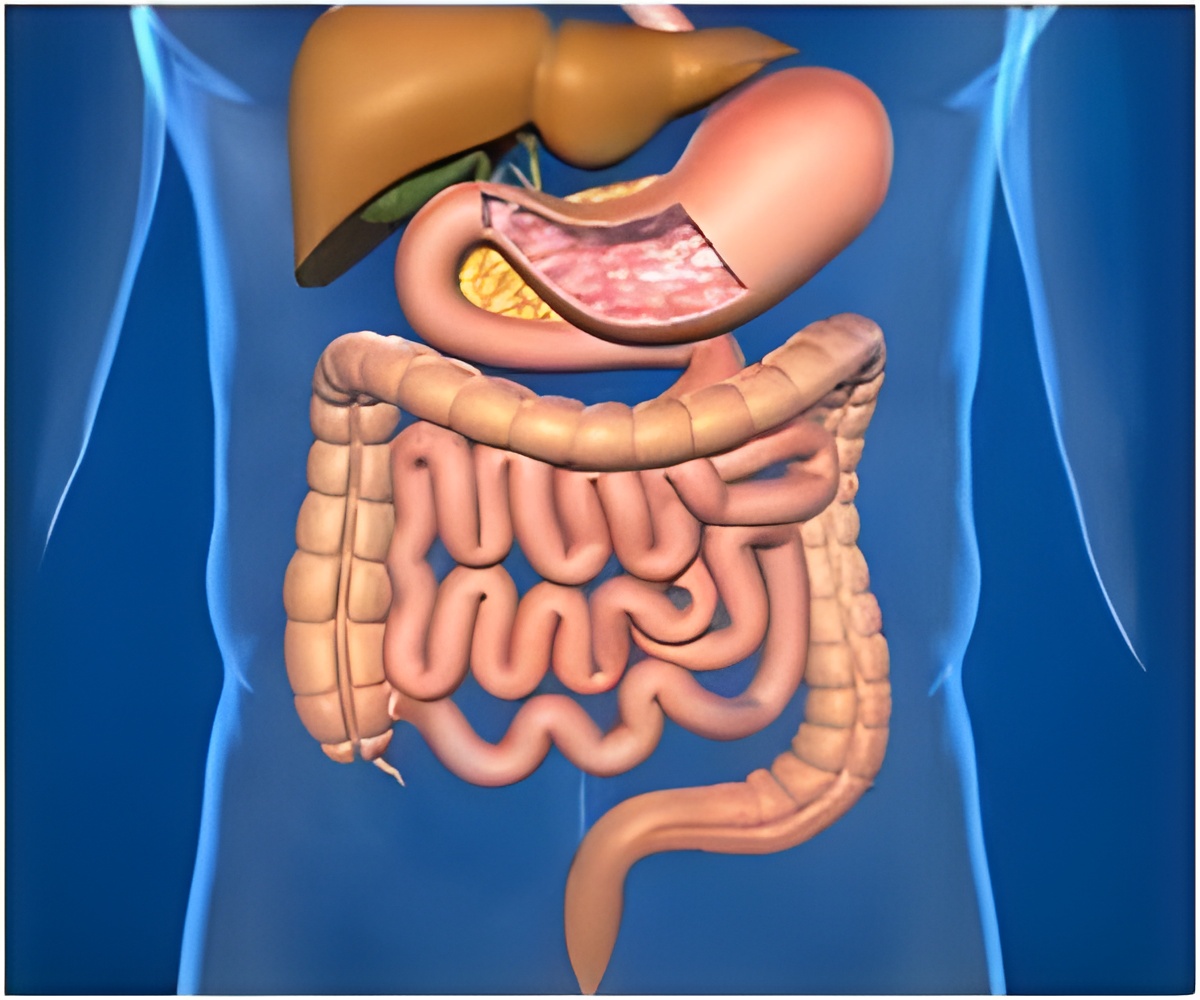An analysis by physicians at Wake Forest Baptist Medical Center has found that long-term survival is possible for selected patients suffering from advanced cancer of the abdomen.

Cytoreductive surgery, or debulking, is removal of part of a malignant tumor which can't be completely excised and is done to enhance chemotherapy effectiveness. HIPEC is a perfusion technique in which heated chemotherapy is administered directly into the abdomen during the surgery to kill remaining cancer cells.
The findings are published in the current issue of the Journal of the American College of Surgeons and were presented by Levine, professor of surgery and chief of surgical oncology service at Wake Forest Baptist, last year at the annual meeting of the Southern Surgical Association.
"Peritoneal dissemination of abdominal malignancy has a clinical course marked by bowel obstruction and death," Levine said. "It traditionally does not respond well to intravenous chemotherapy. This two-phase approach has clearly extended the lives of many of our patients."
For the study, Levine and colleagues reviewed data of 1,000 patients who underwent 1,095 HIPEC procedures over the past two decades. The average age of patients was almost 53 years and slightly more than half were female. Primary tumor sites were: appendix 472(47.2 percent), colorectal 248(24.8 percent), mesothelioma 72(7.2 percent), ovary 69(6.9 percent), gastric 46(4.6 percent), others 97(9.7 percent).
Levine said the median overall survival was 29.9 months, with a five-year survival of 32.5 percent. "The data further shows that patients with advanced abdominal cancer should no longer be approached with therapeutic nihilism," he said. "Long-term survival is clearly possible for selected patients treated with HIPEC."
Advertisement
Source-Eurekalert













